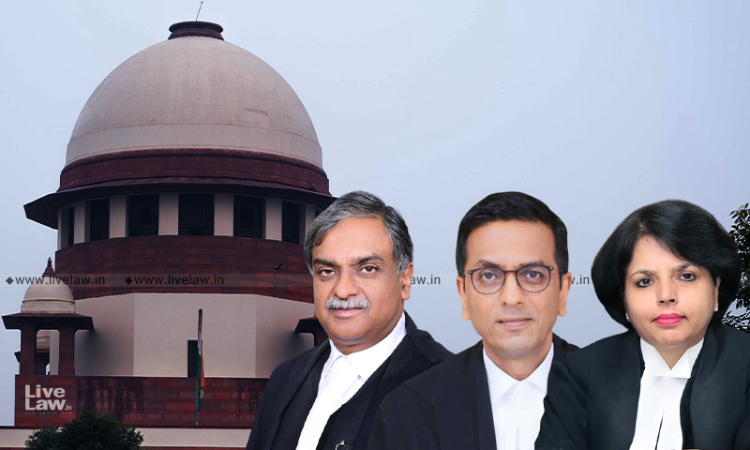"Why Is The State Of Goa Backing Large Entities In Renewal Of Lease Without Following Due Process?' SC Dismisses Vedanta's Plea For Validating Its Mining Lease Till 2037
Mehal Jain
7 Sept 2021 8:56 PM IST

"If the state wants to maximise revenue, why is the due process of law not being followed? Why is the state backing these large entities in the renewal of their leases?", the court asked Solicitor General Tushar Mehta.
Next Story


